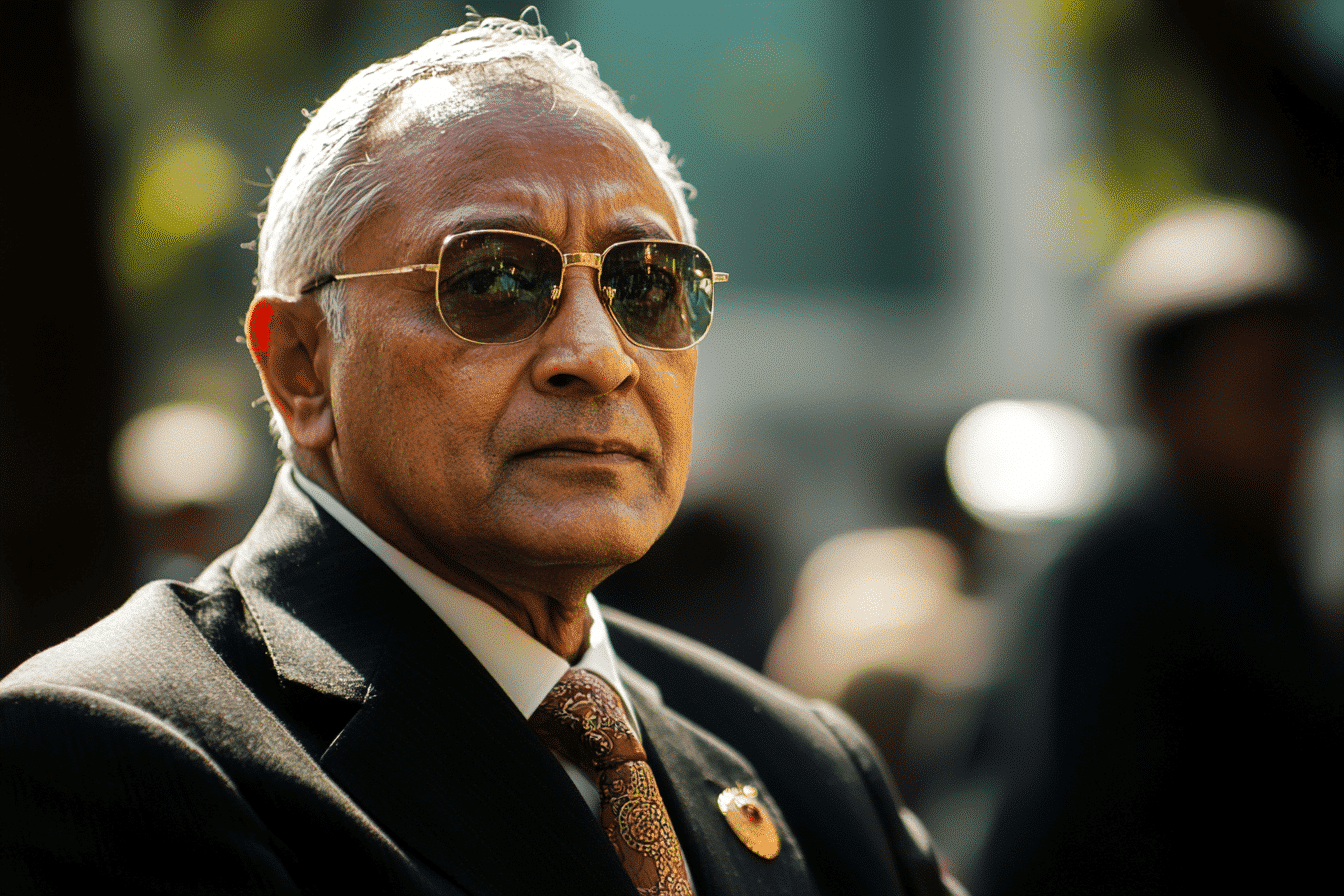Bangladesh’s president, Mohammed Shahabuddin, has taken a historic step by dissolving Parliament to pave the way for new elections following the resignation of longtime Prime Minister Sheikh Hasina. This move comes after weeks of violent protests against her rule.
The End of an Era: Sheikh Hasina’s Resignation
On Tuesday, Bangladesh’s political landscape shifted as President Mohammed Shahabuddin dissolved Parliament. This decision followed Prime Minister Sheik Hasina’s resignation and subsequent flight amidst intense demonstrations. Protesters, who criticized her 15-year rule marked by allegations of human rights abuses and corruption, stormed her official residence, leading to chaotic scenes in the capital, Dhaka.
Release of Khaleda Zia: A New Political Dynamic
In a significant political development, President Shahabuddin also ordered the release of opposition leader Khaleda Zia from house arrest. Zia, a long-time rival of Hasina, was convicted on corruption charges in 2018 under Hasina’s government. “This is a pivotal moment for Bangladesh,” said political analyst Farhana Rahman. The release of Khaleda Zia could reshape the political landscape.”
The Role of the Military and Protests
The reshuffling of senior military positions and the dissolution of Parliament signaled temporary military control. General Waker-uz-Zaman, the military chief, promised to form an interim government to oversee new elections. However, student protesters, a significant force behind the demonstrations, opposed any military-backed government. “We will not allow any military-backed government,” student leader Nahid Islam declared.
Calm Amidst the Chaos: Dhaka’s Current State
Despite the upheaval, the streets of Dhaka appeared calmer on Tuesday. Jubilant protesters gathered outside the former prime minister’s residence, taking selfies with soldiers. However, the Bangladesh Police Association announced a strike, demanding better security following numerous attacks on police stations and the deaths of several officers. “Officers had been forced to open fire and were unfairly cast as the villain,” the association stated.
A Call for New Leadership: Muhammad Yunus as Interim Leader
As the country is uncertain, protesters have proposed that Nobel Peace Prize laureate Muhammad Yunus head an interim government. Yunus, currently in Paris for the Olympics, called Hasina’s resignation the country’s “second liberation day.” Key organizer Nahid Islam confirmed Yunus’s agreement to lead. “We have proposed the name of Muhammad Yunus with his consent,” Islam said.
Violence and Unrest: The Aftermath of Protests
The violent protests that led to Hasina’s resignation resulted in over 100 deaths, including 14 police officers, and hundreds of injuries. Many fear further instability in a nation struggling with high unemployment and corruption. The Hindu minority, historically targeted during political unrest, expressed fears of potential attacks. “Hindus are very afraid,” said Charu Chandra Das Brahmachari, a Hindu leader.
International Reactions and Future Prospects
International reactions to the upheaval have been cautious. The EU ambassador to Bangladesh, Charles Whitley, expressed concern over reports of anti-minority violence. The U.S. issued a travel advisory warning citizens against traveling to Bangladesh due to civil unrest. Opposition leaders have called for restraint, emphasizing the importance of following due process. “It would defeat the spirit of the revolution if people decide to take the law into their own hands,” said Tarique Rahman, acting chairman of the Bangladesh Nationalist Party.
Looking Forward: A Hope for Stability
As Bangladesh stands at a crossroads, the hope for a stable and inclusive government is palpable. Student leader Mohammad Jahirul Islam emphasized accountability, stating, “If anyone becomes corrupt, a traitor, or takes any action against the country, they will face the same fate.” The world watches as Bangladesh embarks on its journey towards a new era of governance and democracy.
The dissolution of Parliament marks a significant turning point in Bangladesh’s political history. As the nation moves forward, the hope for a more democratic and just society remains strong.
